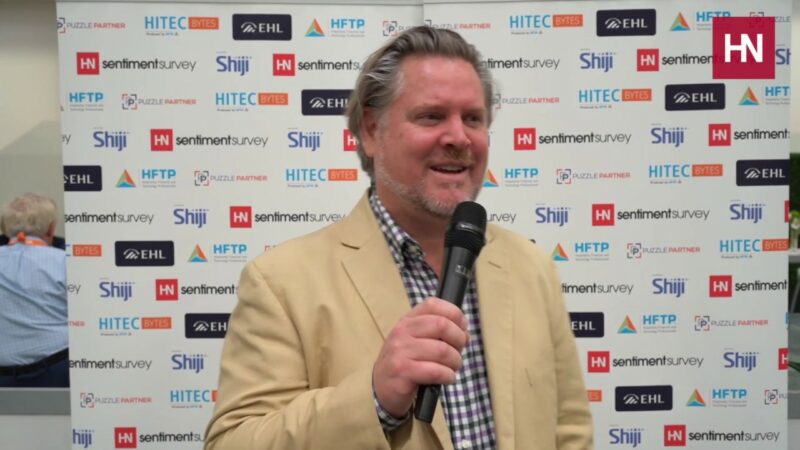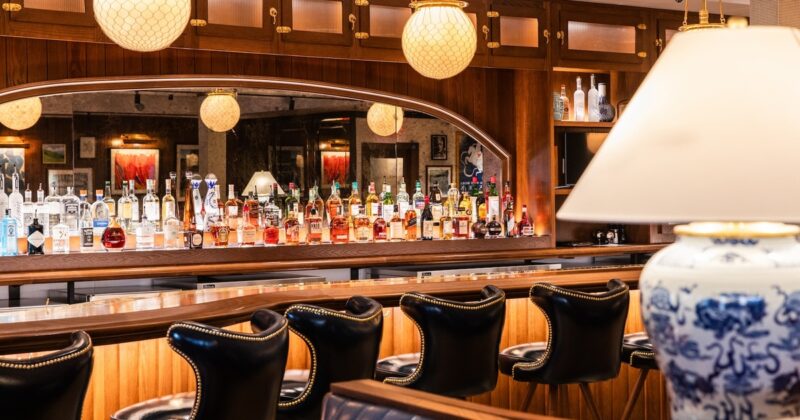It’s a disturbing problem I see everywhere: the lack of discipline in our industry’s technology adoption. Promising programs, initiatives meant to propel us forward, get systematically undermined by ill-considered decisions. These choices are often made by individuals who wouldn’t know a robust API from a complex Excel spreadsheet. It’s organizational self-sabotage, and the collateral damage is immense.
I’ve sat in too many meetings where critical tech decisions are driven by fleeting trends, or worse, by people with zero practical experience. They’re enthusiastic, sure, but often utterly disconnected from frontline reality. They’ll ask the wrong people, or no one at all, leading to solutions that look fantastic in a demo but fail spectacularly in the wild. It’s like asking someone who’s only seen a recipe book to cook a Michelin-star meal – the intent might be there, but disaster is destined.
This systemic lack of discipline breeds chaos. Without clear direction or a strategic roadmap built on genuine understanding, technology investments become fragmented and reactive. The result is a patchwork of disparate systems that don’t communicate, creating more manual work than they alleviate. Promised efficiencies vanish like magician’s smoke, replaced by frustration and futility.
The profound organizational damage is clear. Staff, already stretched thin, are forced to juggle clunky interfaces and invent workarounds because the “solution” wasn’t designed for their operational reality. This tanks productivity, plummets morale, and ultimately, degrades the guest experience. How can you deliver high-touch service when your team’s wrestling with fundamentally misaligned tech? Guests face disjointed digital journeys and a perception of a brand that can’t get its act together.
It’s a squandered opportunity on a grand scale. Money is poured into ineffective tools. Innovation goes nowhere because foundational discipline and knowledgeable leadership aren’t there. We talk about competitive advantage through technology, but how can we achieve it when internal decision-making undermines every effort?
The bitter irony is the technology often is good. The potential’s there. But without rigorous discipline to assess needs, integrate thoughtfully, and truly empower users, it becomes a very expensive paperweight. We need to stop asking the inexperienced what to do and start listening to those who’ve walked the floor, wrestled with the systems, and truly understand hospitality operations. Otherwise, we’re just setting ourselves up for more wasted investment and frustrated sighs.
Life is so tech. But effective tech demands discipline, not wishful thinking.
Mark Fancourt





